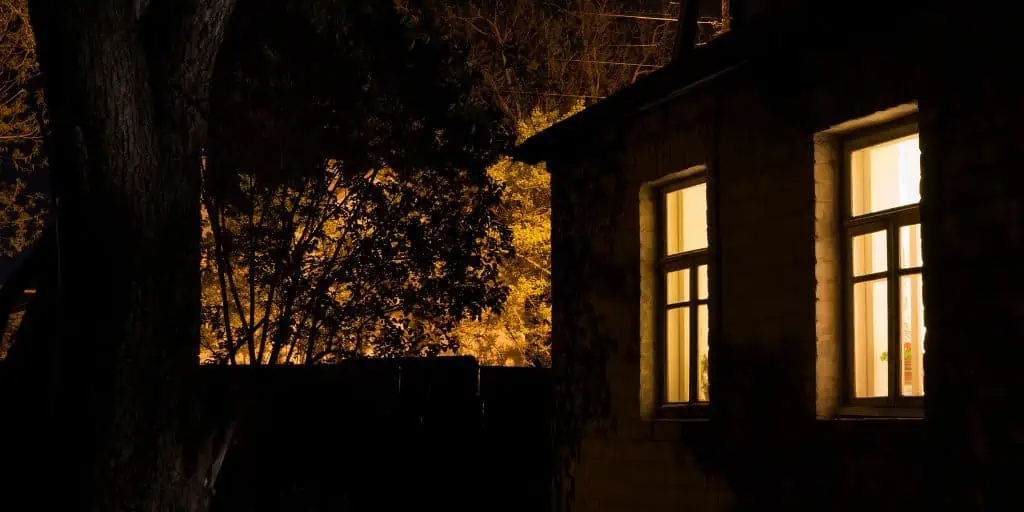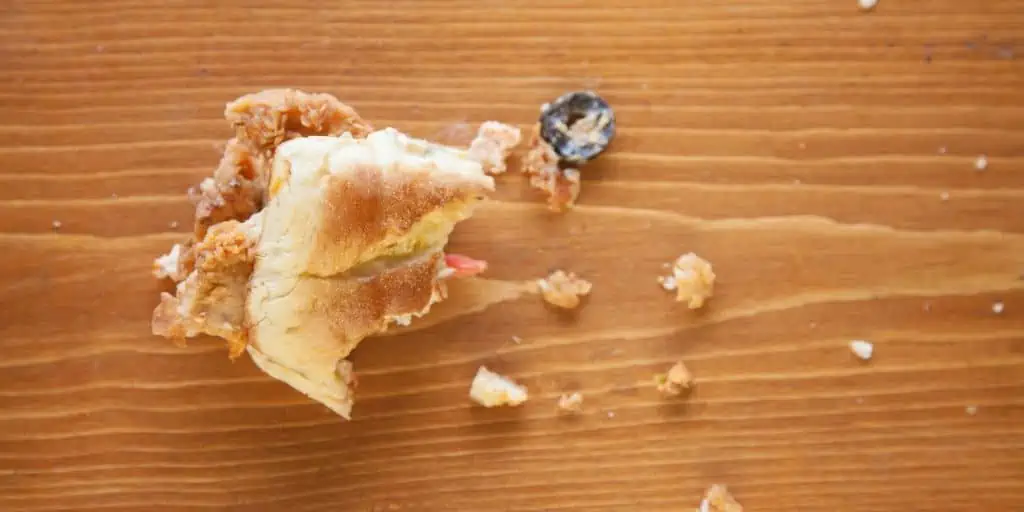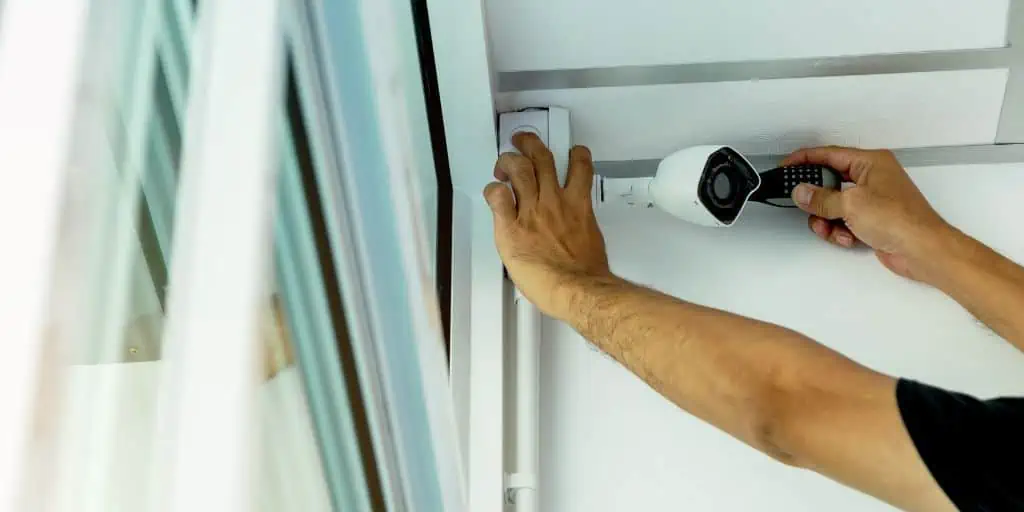What Is Phrogging?
REtipster does not provide legal advice. The information in this article can be impacted by many unique variables. Always consult with a qualified legal professional before taking action.
Why Does Phrogging Happen?
Phrogging (named after a frog’s tendency to hop from one place to the next) occurs due to a number of situations.
The most common reasons include the following.
Financial Hardship
Some people find themselves in situations where they cannot afford housing or rent, or sometimes they get caught in financial turmoil due to economic difficulties. Instead of being homeless, these individuals may seek other people’s dwellings where their presence can be undetected for as long as they can stay hidden.
Homelessness
Homelessness, which goes hand in hand with financial hardships, affects 150 million globally[1], making it a primary catalyst for phrogging.
People who were evicted due to failure to pay rent or those whose homes were foreclosed may sometimes end up living on the streets. Because homelessness is so dangerous, not just due to criminal elements but also from exposure to the weather, some would rather take a chance to sneak into another person’s home for safety and shelter.
Privacy Concerns
In some cases, phroggers actively avoid being found, either for personal reasons or to keep from revealing their identities. There are easier ways to live off-the-grid, but homes may offer some refuge and security instead of living in the wilderness.
Even rarer are stories of phroggers trying to evade arrest, such as stalkers. One such example is George Michael’s infamous phrogging case[2].
However, most phroggers only take advantage of the owner’s property as a place to stay in relative safety, while enjoying any available food and appliances left accessible. They generally prefer spaces owners rarely visit, such as attics, basements, and crawl spaces[3].
RELATED: Do You Have a Phrogging Problem? Here’s What To Do…
Legal Status of Phrogging
Many countries have laws against phrogging. Phrogging is illegal in the United States, much like squatting. The fact that phroggers live somewhere without the owner’s consent makes them liable for several crimes, including trespassing, burglary, vandalism, and invasion of privacy[4].
Depending on the state, phrogging may either be a misdemeanor or a felony. For example, in Michigan, repeat offenses of phrogging and squatting are felonies[5].
However, since phroggers rely on the property owner for upkeep, they are perceived as dependent persons[6]. This is one of the differences between a phrogger and a squatter, although the latter needs a special legal process when evicting them from the premises. Unlike a squatter, a phrogger can be immediately escorted out of the property as an intruder.
Squatters vs. Phroggers
Squatters occupy an unoccupied building or house illegally, while a phrogger is a person secretly living in a home where the owner is frequently present. Both squatters and phroggers occupy property where the owner may or may not know their presence, but both groups share one thing in common—they violate another person’s ownership rights.
While phroggers and squatters may seem identical, it is important to recognize their similarities and differences.
| Phrogger | Squatter |
| Lives in an occupied property, usually houses | Lives in an unoccupied or abandoned property |
| Does the deed willingly | Does the deed either innocently or willingly |
| Does the deed without owner’s consent or knowledge | Does the deed without owner’s consent or knowledge |
| Depends on property owner for survival | Does not depend on the property owner |
| May be liable for crimes other than squatting, such as burglary, vandalism, and invasion of privacy | May be liable for trespassing or squatting |
| Typically removed from the premises as an intruder | Can take possession of property via adverse possession laws (depends on state)[7] |
Signs of Phrogging
While phrogging may be hard to detect without security cameras (likely because phroggers clear the evidence of their presence), a keen-eyed owner can spot tell-tale signs.
Here are some of the most common.
Lights Are On (When They Are Supposed to Be Off)
Some neighbors may notice lights coming from the house’s interior, even if it is supposed to be unoccupied.
If a property owner gets notice from their neighbors of this suspicious activity, they should check for other phrogging activity and other points of entry into the home, such as the windows.
The owner can also detect unusual lights even inside the home. For example, mobile phones may shine dim light, and if these phones are not accounted for by the occupants of the home, they may indicate the presence of a phrogger.
Unusual Noises
Next to lights, unusual noises at odd hours are the biggest sign of phrogging. Unexpected noises include faint music or sounds of activity, such as footsteps in the attic or another typically unoccupied space.
Physical Damage and Activity
Phroggers usually leave the house in good condition. Still, unexpected damage, like dents and dings on furniture and appliance without anyone to account for them, may be signs of phroggers.
Some are conspicuous, such as broken window panes, door locks, or holes in drywalls, but others are more subtle, such as scratches on the refrigerator.
Other innocuous signs include waste or food left behind, items that seem to have been moved or misaligned, dishes in the sink, dirty clothes in the laundry, a refrigerator with food left inside, a door left open, etc.
Footprints can also be signs of a phrogger’s presence, especially if the owner’s home has bare floors.
No matter how good a person is at staying hidden, several weeks of living secretly in another person’s home without leaving any evidence is rare.
How to Prevent Phrogging
Fortunately, there are simple ways to prevent phrogging (and intruders in general). These are some of the most effective.
Keep Curtains Drawn and Windows Closed
If an intruder or phrogger cannot see the interior, this already slashes the likelihood of phrogging because they have no idea what awaits them behind the front door.
Windows, especially ones large enough to accommodate adults, are common entry points for burglars. For example, basement windows typically need egress requirements[8], but this also makes them prone to being used as access points if the security and mechanism for the windows are compromised.
Install a Security System
A security system can help alert homeowners when someone enters their property. This could include motion sensors, security cameras, or exterior floodlights. A trained dog can be a good deterrent, as they can alarm the owner if they detect an intruder.
Do Not Let Strangers In
It is best to err on the side of caution and not let just anyone enter one’s home. For example, if one meets a stranger at a party, inviting them over to stay the night is typically unwise. When hosting a party, ensure everyone is accounted for when they leave.
Mind the Keys
Before leaving home, the owner should lock up and remove the key from the door. If they give a key to a friend or family member, they are advised to change all the locks afterward. Many phroggers are averse to breaking in and will look for whichever home has the easiest door to open.
Takeaways
- Phrogging (pronounced “frogging”) is the act of living in someone’s home without their knowledge and consent.
- Most of the time, phroggers (those who do the act) are homeless or financially distressed people who find it difficult or unsafe to live in the streets.
- Phrogging is a crime in the United States, and phroggers can be prosecuted on counts of trespassing, burglary, vandalism, or invasion of privacy.
- Phrogging is similar to squatting, but the difference is that phroggers occupy an owner-occupied home, while squatters typically live in unoccupied property.
Sources
- GLOBAL HOMELESSNESS STATISTICS. (n.d.) Homeless World Cup. Retrieved from https://www.homelessworldcup.org/homelessness-statistics
- Police hunt George Michael ‘stalker’. (2012, April 12.) Evening Standard. Retrieved from https://www.standard.co.uk/showbiz/police-hunt-george-michael-stalker-7233308.html
- Boyd, D. (2022, April 20.) What is phrogging? Finty Australia. Retrieved from https://finty.com/au/home-loans/phrogging-guide/
- Martin, K. (n.d.) Is Phrogging or Squatting a Crime? Nolo. Retrieved from https://www.nolo.com/legal-encyclopedia/is-phrogging-or-squatting-a-crime.html
- Guyot, S., Richards, W., Gilmore, J., et al. (n.d.) Michigan Communities and Squatting: What You Need to Know. Michigan Municipal League. Retrieved from https://www.mml.org/resources/sample_docs/ordinances/blight/toolkits-and-reports/MVPC-MichiganCommunitiesSquattingFINAL.pdf
- Evans, H. (2022, October 17.) What is Phrogging? Nimvo. Retrieved from https://nimvo.com/what-is-phrogging/
- Chen, J. (2021, December 9.) Squatter: Definition, Example, Legal Rights. Investopedia. Retrieved from https://www.investopedia.com/terms/s/squatter.asp
- What is an Egress Window? | Requirements Explained! (n.d.) Building Code Trainer. Retrieved from https://buildingcodetrainer.com/egress-window-requirements/













